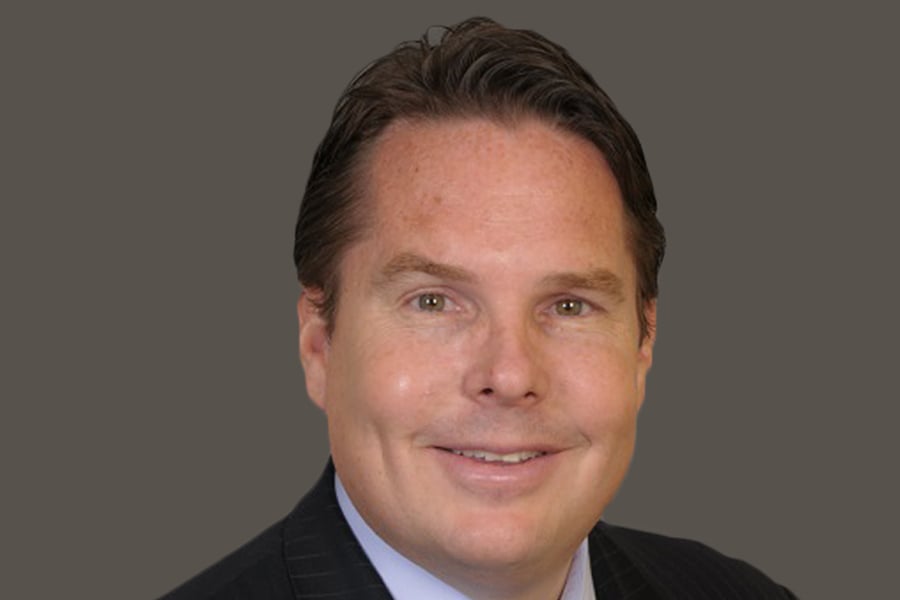After Goldman Sachs'
agreement this month to purchase United Capital for $750 million, "good vibrations" are spreading across the registered investment adviser industry.
And why not? Since summer is almost here, it would be appropriate to cite the Beach Boys and allude to their hit record, "Good Vibrations," from 1966. Goldman's deal is certainly giving plenty of industry people "the excitations" about the potential for growth, along with budding valuations, of their RIAs.
"I've been in the RIA business since 2002, and if someone had predicted back then that at some point a firm like Goldman would buy an RIA at that price, we would have wondered what that person was consuming," said Robert "Bob" Oros, CEO of Chicago-based RIA consolidator HighTower Advisors. "It's amazing to see how this space has matured. The level of respect for RIAs is pretty cool."
With the United Capital deal fresh, and HighTower just wrapping up its annual meeting for advisers, I asked Mr. Oros last week about HighTower's evolution and where the firm was heading.
Mr. Oros
came aboard as CEO in January, and he is in charge of a business that is far different from when the firm started in 2007. Back then, it was primarily focused on recruiting wirehouse brokers to operate as partners under the HighTower banner.
"What's changed over the last 16 months is the long-term ownership of the advisers to HighTower," Mr. Oros said.
In January 2018, a few months after private equity shop Thomas H. Lee Partners
said it was buying a big stake in the firm and also infusing $100 million of fresh capital into the business, HighTower owned just 23% of the advisers' practices and revenue, Mr. Oros said.
That has increased substantially as HighTower is now in the RIA acquisition business. It now has 98 advisory businesses in 33 states
A private company, HighTower does not disclose financial data including total annual revenue. But the firm is nearly complete in its change from a partnership to an acquisition machine.
"The business was originally partnerships who always had the right to get up and leave," he said.
After Thomas H. Lee's investment, HighTower management went back to the majority of the advisers and started talking to them about making a commitment to the firm for the long term, Mr. Oros said. Now it owns 80% of revenue, and over the next couple of months, expects to increase that percentage to 88%.
He declined to give the terms that HighTower is paying advisers for their practices, except to say that each of these conversations "is like a mini M&A transaction.
"Every deal is different," Mr. Oros said. "It's a split between cash and equity. We try not to be cookie cutter. Advisers see the long-term value here, and they want to participate in the equity. We hear that loud and clear."
Mr. Oros added that the other 12% of remaining revenue is split evenly between other partners the firm is talking to about buying out and advisers who pay a fee or rent the HighTower platform.
With $68.6 billion in assets under advisement, HighTower is a national wealth management firm, he said. "And the community is committed to each other for the long haul," said Mr. Oros.
HighTower
has made two acquisitions of large RIA firms this year, one in southern California and the other in Memphis, and expects more to come over the summer, he said. "We have built a robust mergers and acquisition group with a dozen people. There's no doubt the market is seeing lots of activity around M&A."
But HighTower is also focused on growth of current advisers, he said." The strategy is to maximize the organic growth potential of the firm," Mr. Oros said. Organic growth last year was 8% and annualized growth this year is 9%.
HighTower wants to provide scale and services, he said, such as its own TAMP — turnkey asset management program — and trust company.
"That's all on an optional basis," Mr. Oros said. "If the adviser wants [to leave their] brand as it is today, we can work with that. We don't want to change them."







